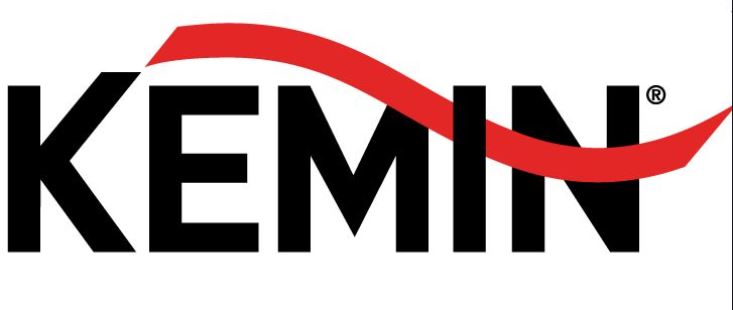Kemin Industries has announced its membership in the Global Feed LCA Institute (GFLI), an independent organization developing a life cycle analysis (LCA) database that will allow for environmental assessment of animal nutrition products and generate continuous improvement of the animal nutrition and food industry. Stefaan Van Dyck, President, Kemin Animal Nutrition and Health – EMENA (Europe, Middle East, North Africa), has also been appointed vice chair of GFLI’s board of directors, and product manager Diego Martinez del Olmo, Sr. has been named a member of the technical management committee. Both will serve two-year terms.
Kemin Animal Nutrition and Health – EMENA has been collaborating with key players in Europe’s animal nutrition market to reduce the carbon footprint of products involved in the global food supply chain. To achieve this, companies must align to decrease the emissions generated by production animals per kilogram of dry matter they ingest. Kemin already works with some of the companies to incorporate their solutions to improve feed efficiency and precision into product formulation, which results in higher productivity from healthier animals; protects the environment by minimizing the use of natural resources and energy; and reduces waste and harmful emissions – all of which directly impact the carbon footprint per kilogram of milk, meat and processed products.
“We know that feed ingredients and nutrients play a crucial role in improving feed efficiency. If we can reach precision feeding with specific feed micronutrients, we can create better feed efficiency and reduce CO2-equivalents (eq) per kilogram of food produced (i.e., eggs, milk, meat). Improving efficiency in operations also reduces other greenhouse gases. With better feed efficiency, we can decrease the nitrogen and phosphorous emissions and methane excretion per unit of food produced,” said Van Dyck. “Feed micronutrients also offer other advantages, as they help produce feed in a more efficient way that requires less water usage, less land and less fertilization of feed crops to reduce the use of fossil fuels and uncontrolled waste.”
As Kemin advances on its sustainability journey, one of its key resources is life cycle and life cycle impact assessments
“A life cycle impact assessment should be viewed as a holistic approach in which Kemin’s solutions contribute to sustainability by reducing the CO2-eq per kilogram of food and improving animal productivity, welfare and profitability,” said Van Dyck. “Life cycle impact assessments must look at the complete value chain – from raw materials to the end-product – as it contributes to a “healthy business”, the impact of which reaches further down the value chain. At Kemin, we want the impact of our solutions to enhance the marketability of food produced. Because we want to look at the complete value chain, we decided to join GFLI, as its database on environmental impact is crucial for accurate and reliable data. Making data-driven decisions is key to a more sustainable industry, and through our membership in GFLI we’re able to join with our customers for a lower carbon footprint in all operations.”





